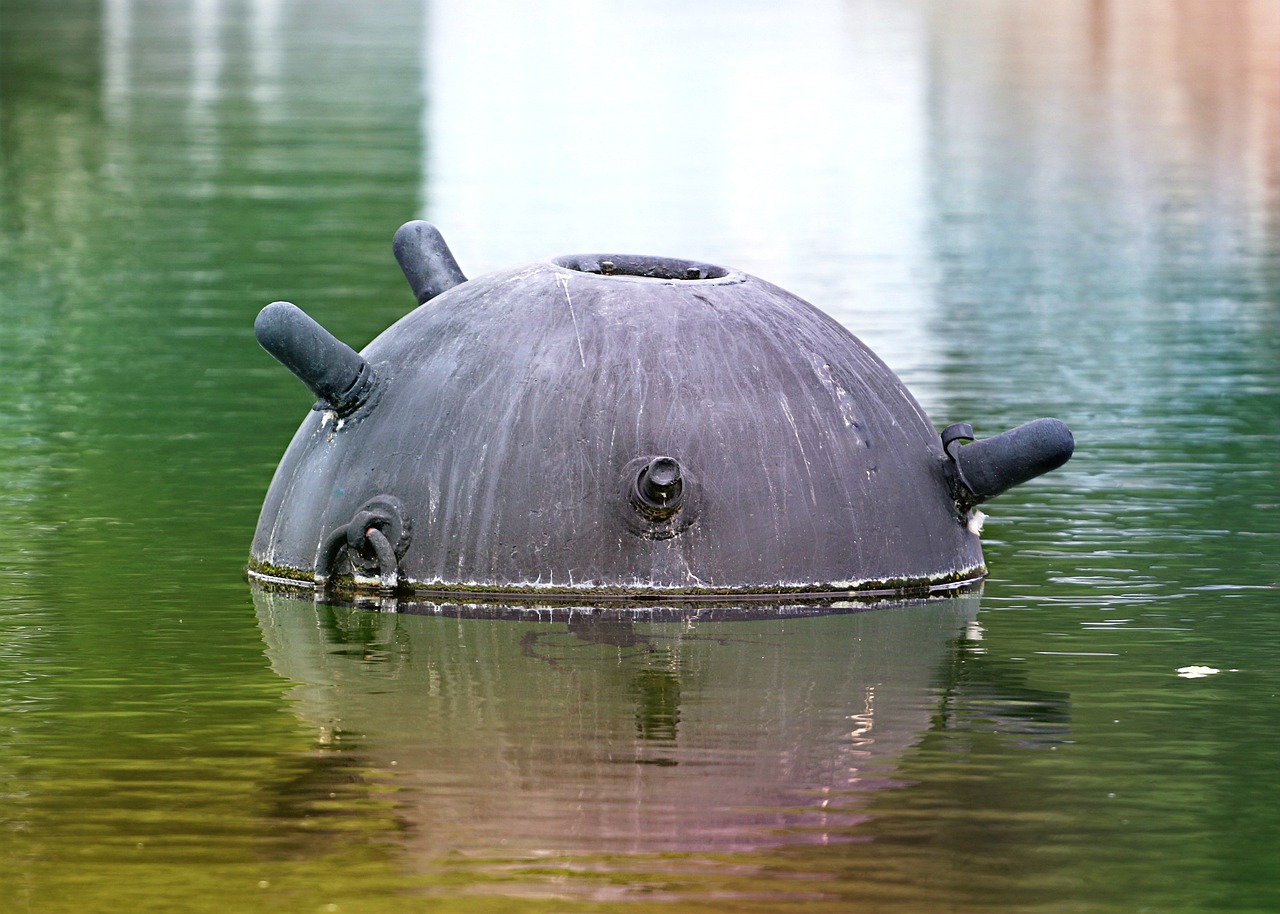
NATO members Turkey, Romania, and Bulgaria are nearing an agreement to create a joint force to clear mines in their Black Sea regions following Russia’s invasion of Ukraine. Deputy defense ministers from the three nations are set to meet in Ankara to finalize the details of the unit to clear the sea mines.
The meeting comes after Turkey’s Navy Chief Admiral Ercument Tatlioglu expressed opposition to the presence of naval assets in the Black Sea from other NATO allies, including the US, which could further fuel tensions in the region. If agreed, the mine-sweeping force would be the first major combined action of Black Sea allies since President Vladimir Putin ordered the war on Ukraine in February 2022. The coalition aims to be peaceful and address threats to a major trade route, particularly for grains and energy-exploration vessels in the area.
The Black Sea holds immense strategic importance as a critical maritime trade route linking Europe and Asia. Ensuring its freedom from mines is paramount for economic stability, security, and environmental preservation. Mines pose a direct threat to commercial shipping, disrupting the flow of goods and impacting the economies of Black Sea littoral states.
Energy transit, particularly for oil and natural gas, relies heavily on safe maritime routes, making the presence of mines a significant risk. The economic stability of the region, dependent on maritime trade, is directly jeopardized by the potential disruption caused by mines.
Coastal areas around the Black Sea are popular tourist destinations, contributing substantially to local economies. Mines not only threaten maritime activities but also diminish the appeal of these areas, impacting the tourism industry. The environmental consequences of mines, including oil spills and damage to marine ecosystems, compound the risks
Following the war in Ukraine, a number of vessels have struck mines in the Black Sea, with fears about significantly increased insurance costs to result from it.






